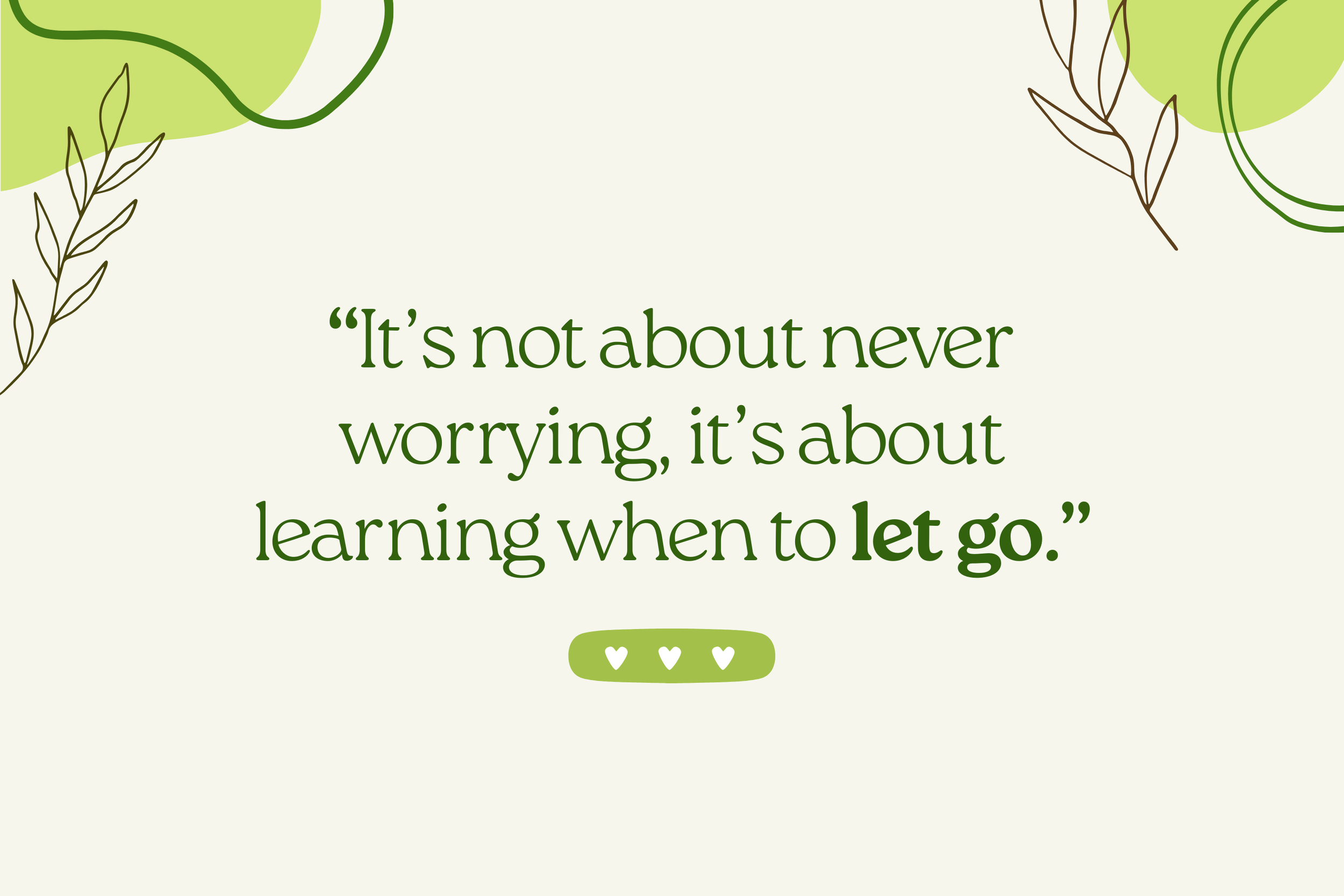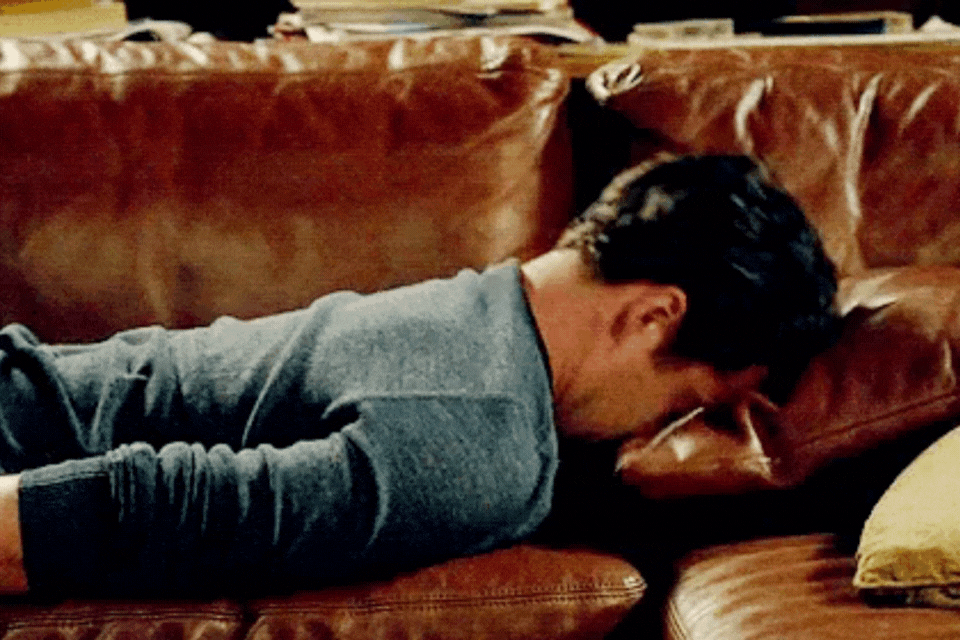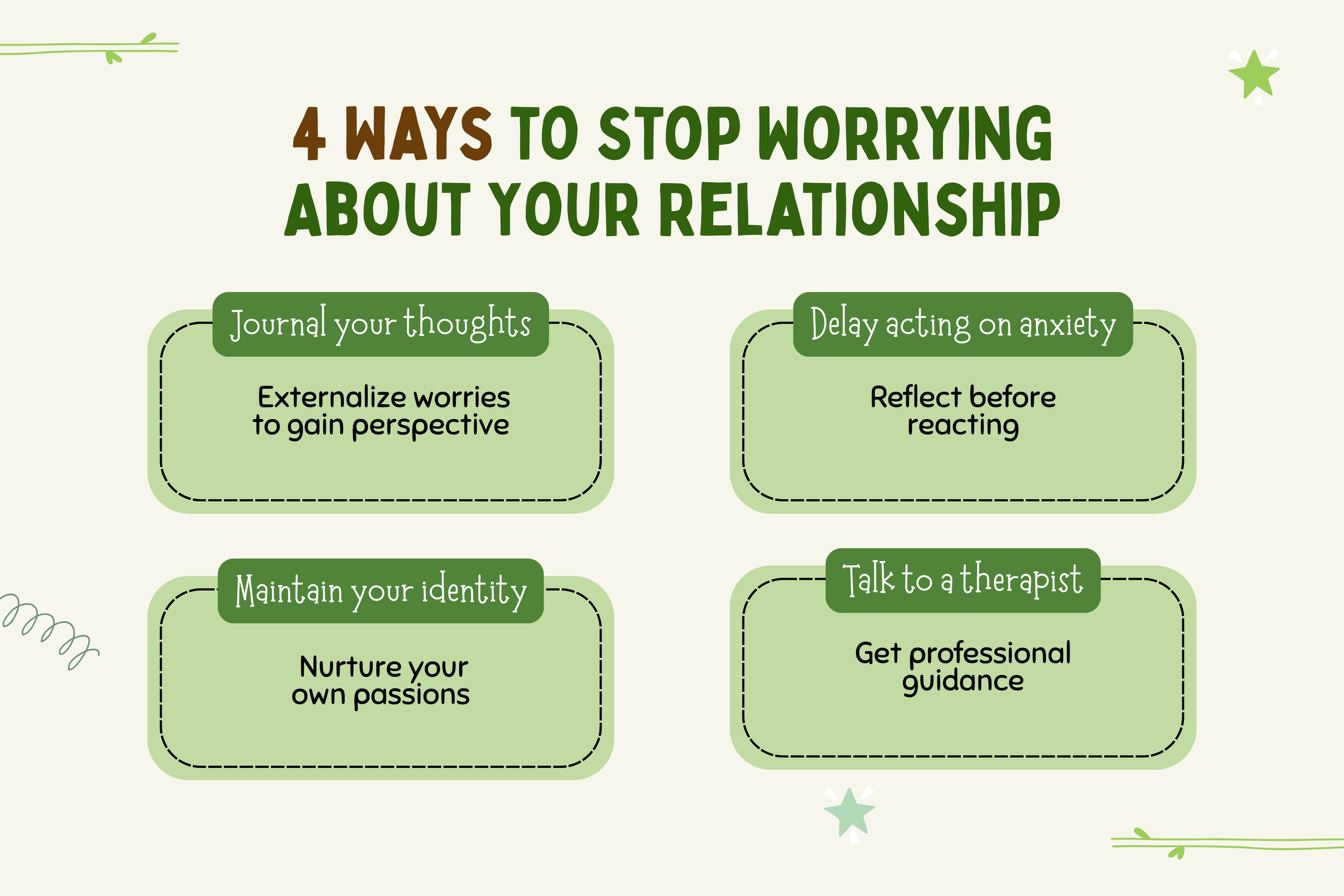How to Stop Worrying About Your Relationship (Even When You Can’t Switch Off Your Thoughts)
Leigh Johnson
What Relationship Worry Feels Like
It’s 10 pm and you’re settling in for the evening. The day has been fine, nothing terribly eventful, maybe a bit of the usual work stress and an errand or two. You send a goodnight text to your partner. A few minutes go by, you can see that they’ve read the text, but no response. All of a sudden you feel your body tense up, a wave of unease washes over you, your mind begins to race.
“Why aren’t they responding? Are they ignoring me on purpose?”
“Oh no, what if they’re annoyed with me? What if they’re losing interest?”
“It’s only been a few minutes, why am I so anxious? I’m being ridiculous.”
Finally, your partner texts back. The anxiety starts to subside, but you’re left with the remnants of not only the anxiety itself, but the anxiety and self-judgment about the anxiety. You ask yourself,
“Why Can’t I Stop Worrying About My Relationship?”
While most (if not all) people in romantic relationships experience anxiety from time to time, some may be more prone to worrying about their relationships than others. Previous negative relational experiences can have a lasting impact on our sense of security.
Perhaps your last romantic interest ghosted you, or maybe there was infidelity in your last partnership. These can all contribute to a nagging feeling of uncertainty accompanied by overthinking, rumination, and skepticism.
What Causes Anxiety in Relationships
Past Relationship Experiences
It’s not just past romantic relationships that can impact us in this way. Research has emphasized how bonds formed in our earliest developmental years - specifically between young children and their primary caregivers - set the foundation for attachments throughout life.
Early Attachment Patterns
If you received little or inconsistent affection throughout childhood or endured childhood emotional neglect, you may have developed a more insecure attachment style. Such early childhood experiences strain our self-esteem and plant seeds of doubt about our worthiness and loveability.
Healthy vs Unhealthy Relationship Worry
When a Little Worry Is Normal
In small amounts, experiencing anxiety about our relationships is typical and can even be a good thing! For one, it tells us how deeply we care about our loved one and how much we value the relationship and would hate to lose it. Worry is also an avenue for exploring “what ifs” that may actually be helpful to reflect on once in a while.
For example, worrying about a relationship ending can give us an opportunity to consider what other supports we have outside of the partnership, as well as prepare for reasonable possibilities for the future.
Anxiety can also point us to an unmet need that would make us feel more secure in the relationship, such as more quality time or more frequent communication.
Alternatively (and unfortunately), sometimes worrying about a relationship is justified. Anxiety is a feeling that falls under the broader umbrella of fear, which is a natural, universal human emotion that has helped us stay alive as a species. Fear can let us know when something is awry or even poses a danger.
I once knew of someone who was feeling suspicious about her partner’s sudden change in mood and behavior. Her partner initially stated that everything was fine, but soon after disclosed that he was facing a possible layoff from work and didn’t want to burden her with his stress.
After this disclosure, she and her partner were able to sit down and talk about how they could best support each other. Direct communication enabled them to team up against the “what if” together and establish a collaborative plan.
At Thrive Therapy & Counseling, we provide a safe, supportive space to help you work through your thoughts, ease your mind, and build healthier ways to navigate your relationship. Connect with us here.
When Relationship Worry Becomes Unhealthy
Whether or not your experience of worry in your relationship is healthy or not depends on a handful of factors. Your relationship concern might be veering into unhealthy if you are:
Seeking constant reassurance
Everyone needs a little validation once in a while! But if you find yourself asking your partner for words of reassurance on a very frequent basis - especially if it feels like the words of reassurance don’t “stick” or make a difference - there may be more going on beneath the surface.
Looking for problems
Sometimes relationship anxiety can take over to the point that it causes one to be primed to try to find problems where there really are none. This can be exhausting for both members of the relationship, and even lead to “sabotaging” behaviors such as picking fights or giving the silent treatment.
Worrying more than enjoying the relationship
Most importantly, if you find yourself worrying about your relationship more than you find yourself enjoying it, it may be time to reevaluate.
How to Stop Worrying About Your Relationship
There are a number of things you can do to support yourself in this experience of anxiety and doubt. Here are a few ways to start:
1. Try Journaling for Relationship Anxiety
Taking time to sit with and write down our feelings can help pinpoint exactly what is triggering the anxiety so that we can better address it. It can be so cathartic to externalize the worrisome thoughts and get them out of our heads. Once the racing thoughts are out of us and onto a page, it can be easier to let them go and get back into the present moment.
2. Delay Acting on Anxious Feelings
Being anxious can lead to a feeling of heightened urgency and a need for “proof” that everything is ok. Try delaying acting immediately on the feeling, such as waiting five extra minutes before sending that check-in text or asking (yet again) for reassurance. This can lead to improved tolerance of the distress and better self-soothing over time.
3. Maintain Your Own Identity
Being in love can sometimes feel all-consuming and make us forget that we have an entire life and identity outside of the relationship! It is important to continue to nurture and cultivate relationships with our friends and family, our hobbies, and our personal ambitions and passions.
4. Talk It Out with a Therapist
Seeking professional guidance from a mental health professional can help by providing a space to process difficult feelings with someone who has an outside perspective (and isn’t involved directly with the relationship itself).
A trained therapist or counselor can also help identify underlying causes for the anxiety and work with you to improve coping skills and foster a better understanding of yourself.
At Thrive Therapy & Counseling, we provide a safe, supportive space to help you work through your thoughts, ease your mind, and build healthier ways to navigate your relationship. Connect with us here.
When Worry Turns Into Clinical Anxiety
Signs of Generalized Anxiety Disorder (GAD)
While most people feel a little insecure about their relationship at some point, there are some signs that your worry may actually be negatively and clinically impacting your quality of life and relationships. A disorder such as Generalized Anxiety Disorder (GAD) can cause excessive worry that is difficult to control, and additional symptoms such as:
Muscle tension
Irritability
Difficulty concentrating
Sleep disturbances
When to Seek Professional Help
Reasonable anxiety is uncomfortable but not distressing, and typically subsides when issues are addressed. The anxiety resulting from a mental health diagnosis impairs functioning and persists in spite of external improvements and reassurance.
Finding Support for Relationship Anxiety
If you’re concerned about how much you worry about your relationship, or wondering if you may have a clinical anxiety disorder, our team of therapists here at Thrive Therapy & Counseling are here to help!
Reach out today to get matched with a therapist with experience working with these challenges and can help you find healthier ways to cope.




